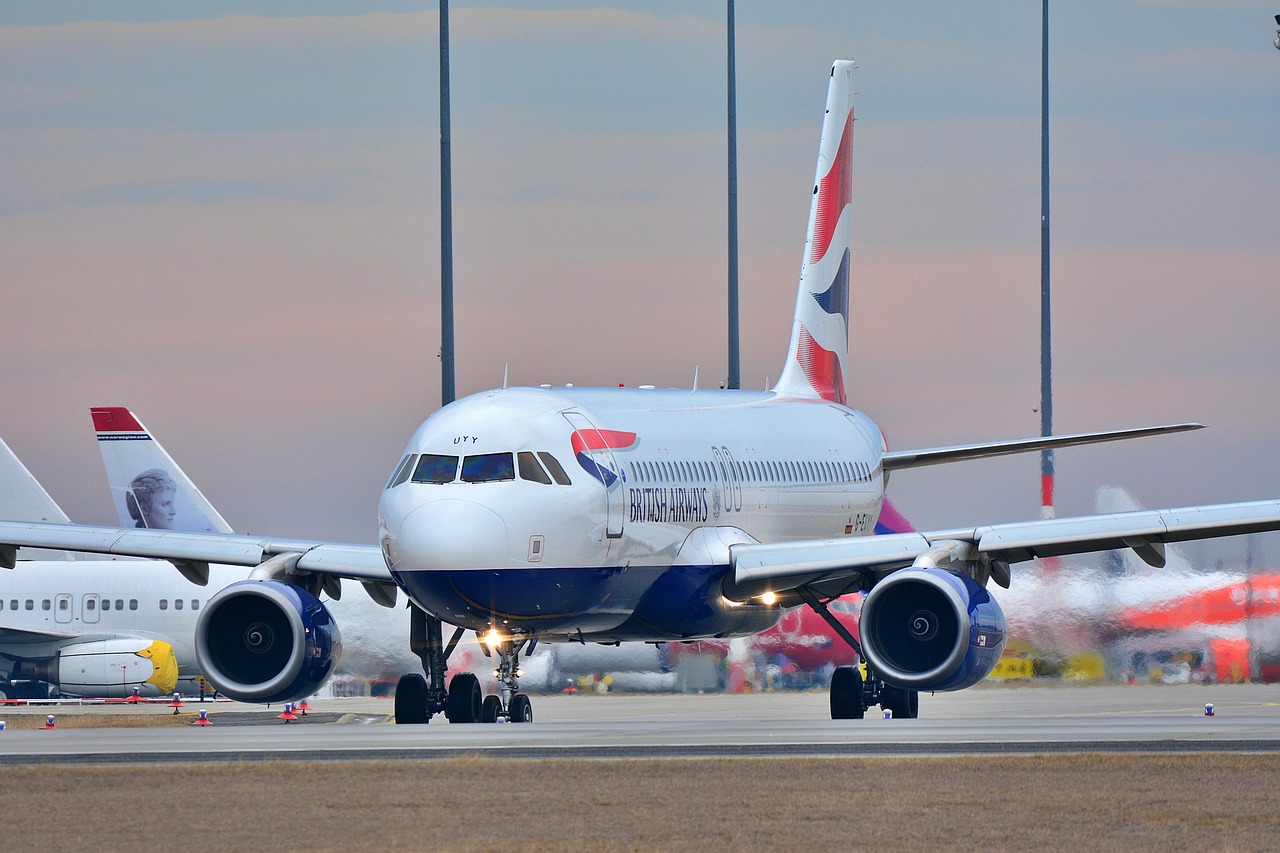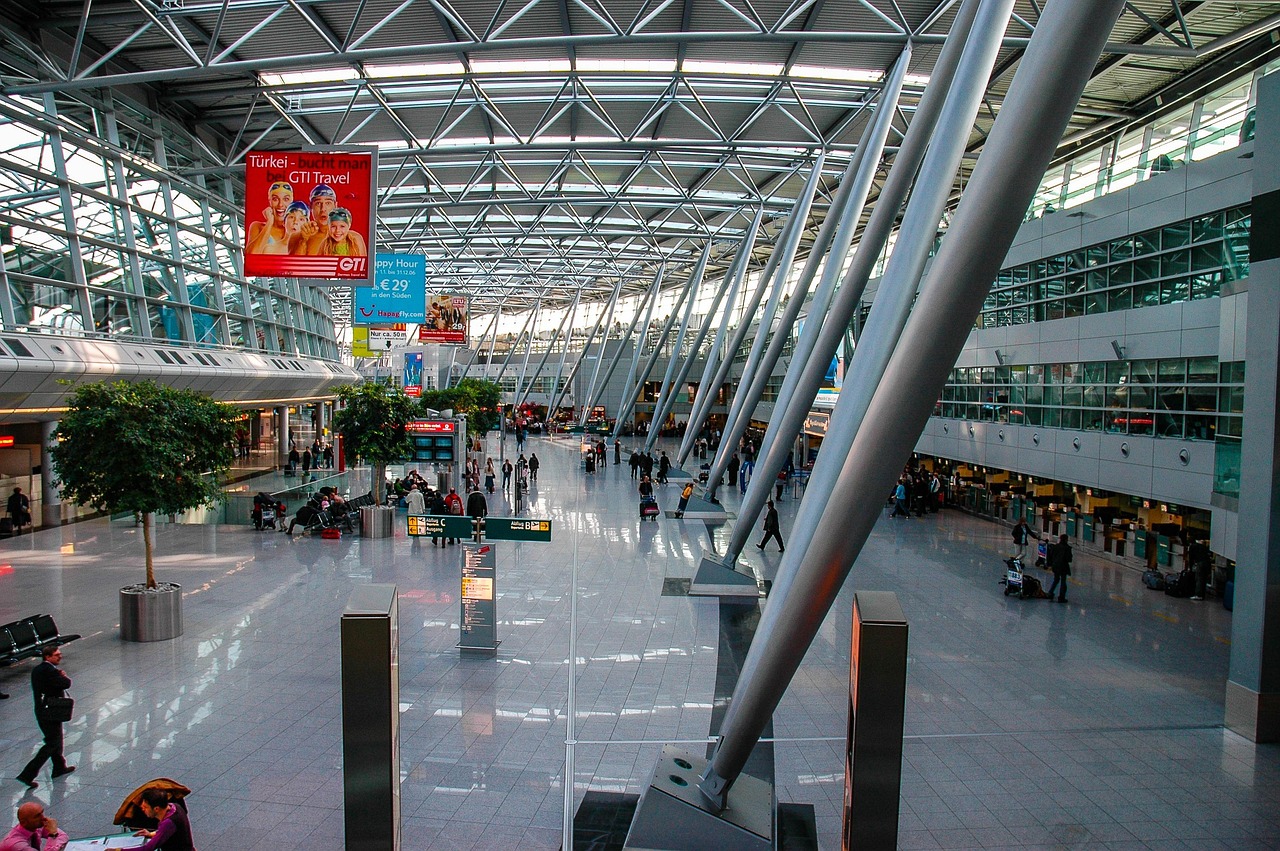Heathrow Airport, Europe’s busiest hub, was brought to its knees by hackers. One cyberattack, and suddenly check-in systems collapsed, flights were delayed, and passengers were stranded. If a few keystrokes can shut down Heathrow, Brussels, and Berlin in one sweep, the big question is not what hackers can do, but what they can’t.
A Wake-Up Call for Europe
Airports are supposed to be symbols of order and control, but this incident exposed how fragile they really are. With one breach, hackers forced airports back to the Stone Age of manual check-ins and handwritten boarding passes. That might sound old-school, but in reality it’s chaos for airlines, passengers, and security systems. Imagine the ripple effect if this had spread further — because if Heathrow falls, no airport in Europe is truly safe.

We often think of warfare in terms of bombs, tanks, and fighter jets. But this attack shows that invisible fingers on a keyboard can do what an army cannot, paralyze major European capitals without firing a single shot. No country borders were crossed, no air defense system was triggered, and yet Europe’s travel network froze. If hackers can pull this off on a Friday night, what happens if they target hospitals, power grids, or stock exchanges?
Companies Playing Catch-Up
RTX, the parent company of Collins Aerospace, admitted its systems were hit. But their calm statement about “cyber-related disruption” makes it sound like a disruption, not a crisis. The truth is, companies are always playing catch-up, reacting after hackers strike. And while they patch one hole, another opens. The attackers are always ahead, faster, smarter, more daring.
The Illusion of Control
Brussels Airport tried to reassure passengers, saying manual check-in would cover the gap. But manual systems can’t handle the volume of Europe’s busiest airports. The delays, cancellations, and stranded travelers prove that. Control is just an illusion, and hackers know it. That’s why they target symbols of order, airports, government networks, critical infrastructure. They want to show how thin the line is between order and chaos.

What Comes Next?
Today it’s Heathrow, Brussels, and Berlin. Tomorrow it could be Paris, Madrid, or Rome. The scariest part is that no one even knows who’s behind this attack yet. Was it a criminal gang looking for ransom? A hostile state flexing muscles? Or just hackers proving they can? Whoever they are, they’ve just exposed Europe’s soft underbelly.
















